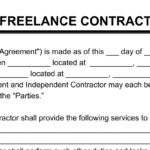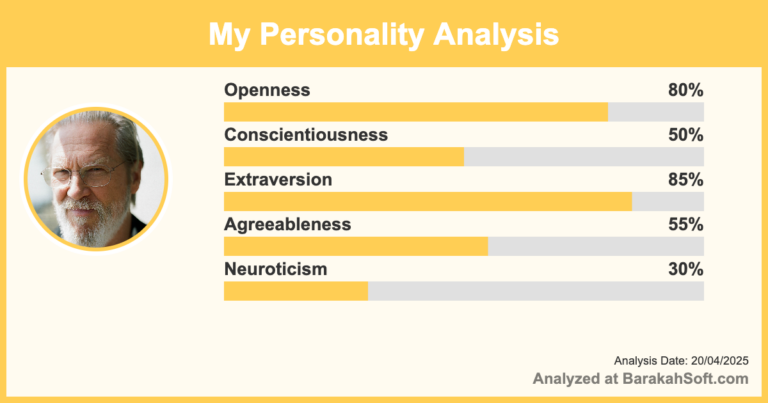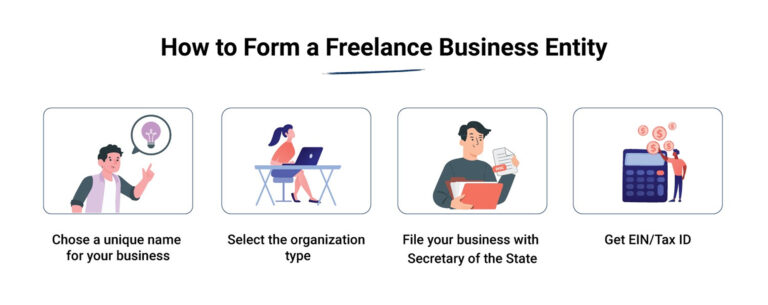If you’re a freelancer working remotely and billing clients worldwide, there’s a point where you’ll hit a wall. Maybe a client asks, “Can I get a business invoice?” Or your bank asks for proof you’re a registered business. Or your tax bill starts to hurt.
The solution? Set up a legal business entity like an LLC.
This guide breaks down how to set up your own LLC or business structure as a global freelancer, including options for both U.S. and non-U.S. residents.
Why You Might Need a Legal Entity
Not all freelancers need one—but many would benefit. Forming a business helps you:
-
Separate your personal and business finances
-
Reduce legal risk (liability protection)
-
Look more professional to clients
-
Qualify for better banking and payment tools
-
Open the door to tax planning and savings
If you’re earning $30,000–$100,000+ per year as a solo operator, setting up an entity may pay for itself quickly.
What’s an LLC (and Why It’s Popular)?
An LLC (Limited Liability Company) is a legal business structure that protects your personal assets if something goes wrong in your business.
In the U.S., it’s the most popular structure for freelancers because:
-
It’s simple and cheap to set up
-
You can operate solo (single-member LLC)
-
It gives you legal separation without heavy paperwork
-
You can choose how you’re taxed (default, S-Corp, etc.)
But you don’t have to live in the U.S. to set one up there.
Option 1: Set Up a U.S. LLC (Even If You’re Not a U.S. Resident)
If you want access to Stripe, PayPal Business, U.S. clients, and U.S. banking—this is the most flexible route for global freelancers.
What you need:
-
Choose a state (Wyoming and Delaware are common for non-residents)
-
Register your LLC through a formation service
-
Appoint a U.S.-based registered agent (required)
-
Get an EIN (Employer Identification Number) from the IRS
-
Open a business bank account (Mercury or Wise are easiest for non-residents)
Costs:
-
LLC registration: ~$50–$150 depending on state
-
Registered agent: ~$50–$100/year
-
EIN: Free if done yourself, or $75–$100 via services
-
Bank account: Free with most fintech providers
Pros:
-
Full control over your business
-
Access to global payment tools (Stripe, Payoneer, Wise Business)
-
Clear business presence and legal protection
-
Opens U.S. banking and credit lines over time
Cons:
-
You may still owe taxes in your home country
-
Annual reporting or maintenance fees (small)
-
Slight learning curve on setup
Recommended tools:
-
Formation: Firstbase, Doola, Tailor Brands
-
Banking: Mercury, Wise, Relay
-
Bookkeeping: Xero, QuickBooks, or Wave
Option 2: Register a Business in Your Home Country
This is the simplest option if:
-
You live in a country that supports solo business registrations
-
Your clients don’t care where your entity is
-
You want to comply fully with local tax rules
Typical types:
-
Sole proprietorship
-
Self-employed registration
-
Local LLC/Ltd company
What to check:
-
Can you receive foreign payments?
-
Do you need to register for VAT or GST?
-
Can you open a business bank account?
Pros:
-
Easiest to stay compliant with local taxes
-
No currency exchange issues
-
Fewer barriers for government reporting
Cons:
-
May not work with Stripe, Mercury, or U.S. fintechs
-
Some countries have high compliance burden (bookkeeping, tax filings, etc.)
If your home country has high taxes or limited financial tools, you may still want to explore an offshore LLC setup.
Option 3: Use a Friendly Jurisdiction for International Freelancers
Some countries are business-friendly for digital workers, with low taxes and easy setup:
-
Estonia – E-residency + digital-first company setup
-
Georgia – 1% tax on turnover for small business under $150k
-
UAE – No income tax (though setup is more expensive)
-
Singapore – Reliable banking, strong legal protection
You’ll need to research residency, tax treaties, and compliance rules—but if you’re earning serious income and live location-independently, these options can unlock big benefits.
Important: Understand Your Tax Home
Even if you form a U.S. LLC or register abroad, you may still owe taxes in your country of residence. Most countries tax based on where you live, not just where your business is registered.
Before moving money or structuring entities, talk to a cross-border accountant or advisor. The wrong setup can create legal issues. But the right one can cut your tax bill dramatically.
Which Path Is Right for You?
Use this cheat sheet:
-
Earning under $30k? → Start as a sole prop or self-employed locally.
-
Earning $30k–$100k+? → Set up a U.S. LLC or your local equivalent.
-
Earning $100k+ and moving between countries? → Look into tax-friendly international structures.
Final Word
Setting up your own business entity is a major step toward taking your freelance or solo business seriously. It protects you, builds trust with clients, and gives you access to tools that solo individuals often can’t use.
You don’t need to overcomplicate it. Just pick the structure that fits your goals, set it up properly, and keep your finances clean. From there, scaling becomes a lot easier—and safer.























